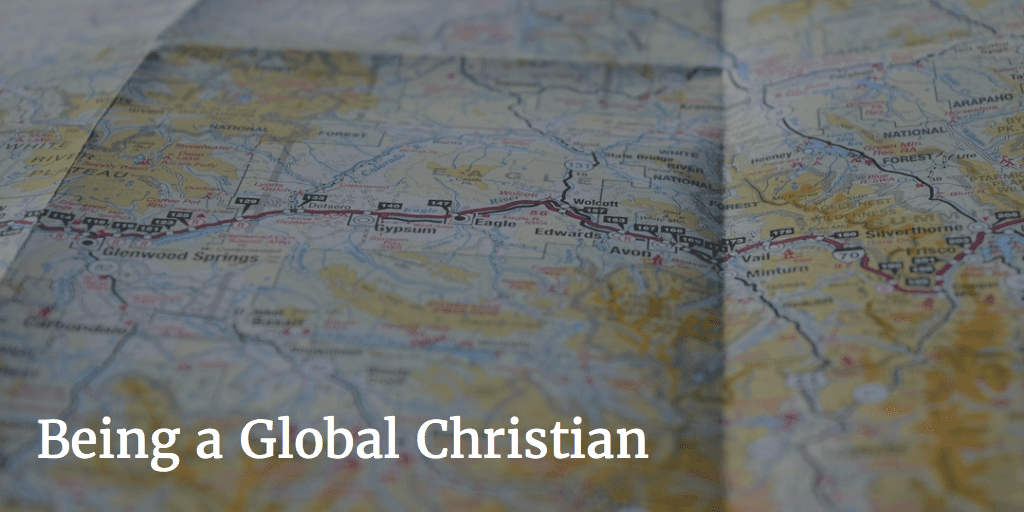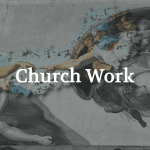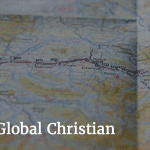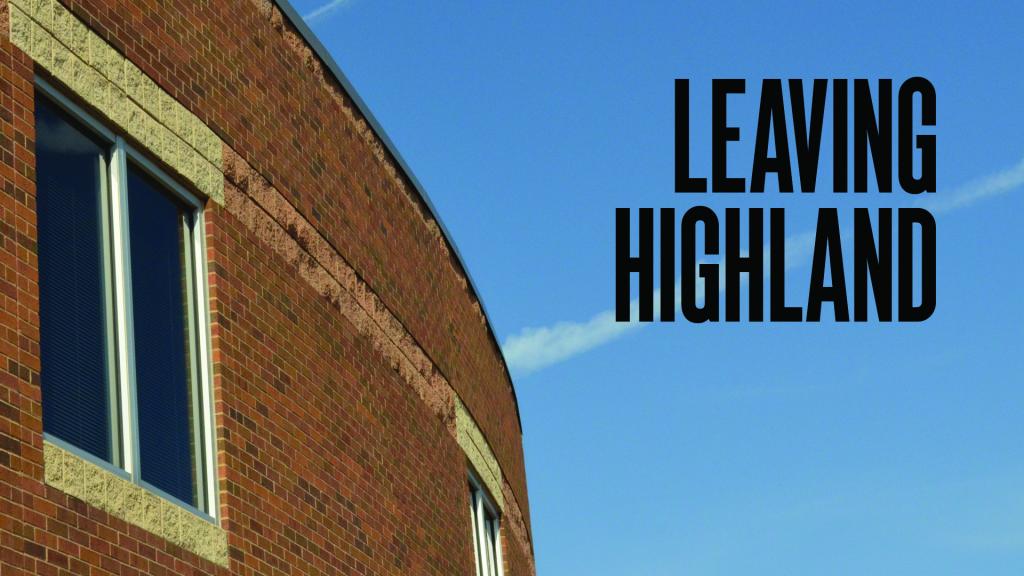“There will be no peace among civilizations without peace among the religions; there will be no peace among the religions without dialogue between the religions.” Hans Kung
 If you live in America, or really any Western country, there’s a good chance you feel like the world around you is becoming less and less religious. And in a way you are right, Western countries do have a growing number of people who are not self-identifying with any of the world’s major faiths.
If you live in America, or really any Western country, there’s a good chance you feel like the world around you is becoming less and less religious. And in a way you are right, Western countries do have a growing number of people who are not self-identifying with any of the world’s major faiths.
For a long time, some sociologists actually assumed that this was the future. That we, as a society would gradually throw off these “archaic” ways of thinking about ourselves and the world around us and just stop being religious. And if you are immersed in blogs and media of the West you might be thinking/hoping/worried that this is exactly what is happening.
And that’s why it’s important, if you are a Christian, to be aware of what God is doing around the world. Because the trend of people becoming less and less religious actually isn’t growing, no matter how many arguments you are getting into with friends on Facebook. Globally speaking religion is on the rise.
In the year 1800 33% of the world’s population was Muslim and Christian, in 2100 that number will reach 66%. Making Christianity and Islam the two fastest growing faiths in the world.
Now it’s true that there are many other global faiths that are increasing, but not any of them at the rate of these two, and because of all the recent media attention and focus on Islam I think this blog might be helpful for you. But not just as a blog…If you are a church leader of any kind, I highly encourage you to watch the embedded video.
This is a short series introducing what we’re doing at the church I serve to encourage all of our people to think globally about what it means to be a follower of Jesus.
And one of our 5 major initiatives in the next 5 years is to be peacemakers in the Muslim-majority world.
Tell me that doesn’t sound like some good news! These days the news is filled with stories about Isis and jihad and radical extremists, but the truth is that all over the world devout Muslims and Christians are trying to find a way to live at peace with one another.
Our director of Global Ministries, Derran Reese, recently went to Bethlehem for a multi-faith gathering about peacemaking between the religions, and one Imam talked about how often Muslim and Christian and Jewish leaders get together and share a meal together and open lines of dialogue for how to live well together.
And then the Imam said, “But these are not the stories that make the news.”
These days we are living on a steady diet of fear, and I understand that, the world is often a scary place, but you need to know that there are devout people of all kinds of faith who are working from the best impulses of their faith to make the world a better and kinder place.
Because we overwhelmingly have these kinds of impressions of people who are “different” than us, we tend to vote, make policy and write Facebook statuses based on stories that are actually not the overwhelming reality of what is happening in the world.
So to that end, at Highland we are working to make disciples of Jesus, the ultimate peacemaker who taught us that perfect love casts out fear. We are asking the question, In the face of fear, hatred and violence, how can we be peacemakers?
We plan to plant and work with existing churches in the 10/40 window (the Muslim-Majority World) who are proclaiming the good news of one who entered into violence and conflict with love and sacrifice. Our goal is to plant/partner with churches and organizations that are doing good work in peacemaking.
But that’s not all.
Because the mistrust is so deep here in the West, and the stories about radical Islam have saturated our news, we’ve decided that we as a church need to learn about Islam. Not just the parodies that many of us have in our mind. So for the next few years, we are going to prepare as a church to listen, study and understand Islam. We want to learn how Christians and Muslims have gotten along in the past, and pray about how we can do so in the future.
Because the truth is, this isn’t just about learning how to love Muslims in North Africa, even in West Texas there is a small Muslim population from the growing refugee community, and we want to treat them the way we would like for those majority Muslim countries to treat our Christian brothers and sisters.
We want to resist the pull toward mistrust and fear, and hatred and violence, and learn again what it means to love our neighbors, or even our enemies.
So this may all sound abstract to you, but it is certainly not for me.
My wife grew up with a Muslim step-father from Palestine. She grew up practicing things like Ramadan and living in a home very different than mine. When I first met Hisham, he was one of the first Muslim’s I’d ever met, and he shattered all of my stereotypes of what a Muslim was.
He was kind and generous and had learned how to live in a country that was growing increasingly suspicious of him.
I don’t know about your experience with Islam, it could be that when you think of Muslims, you view them through a filter of those horrific videos that ISIS puts out or memories of 9/11, and if so than that kind of suspicion in the age we live in is to be expected. But when I think of Islam, I don’t let that define them, any more than I want to KKK to define Christianity in America.
I think of Hisham, living at peace in a majority Christian culture, and trying to make his area of the world a better place. I would love nothing more than for Hisham and for Muslims around the world to become followers of Jesus, but first they have to see from those of us who do claim Jesus, what a follower of Jesus would look like.
P.S. If you’d like to know more about this initiative, or what it means for followers of Jesus to take this seriously, I’d also like to recommend my friend Josh Graves excellent little book that you can find here.










